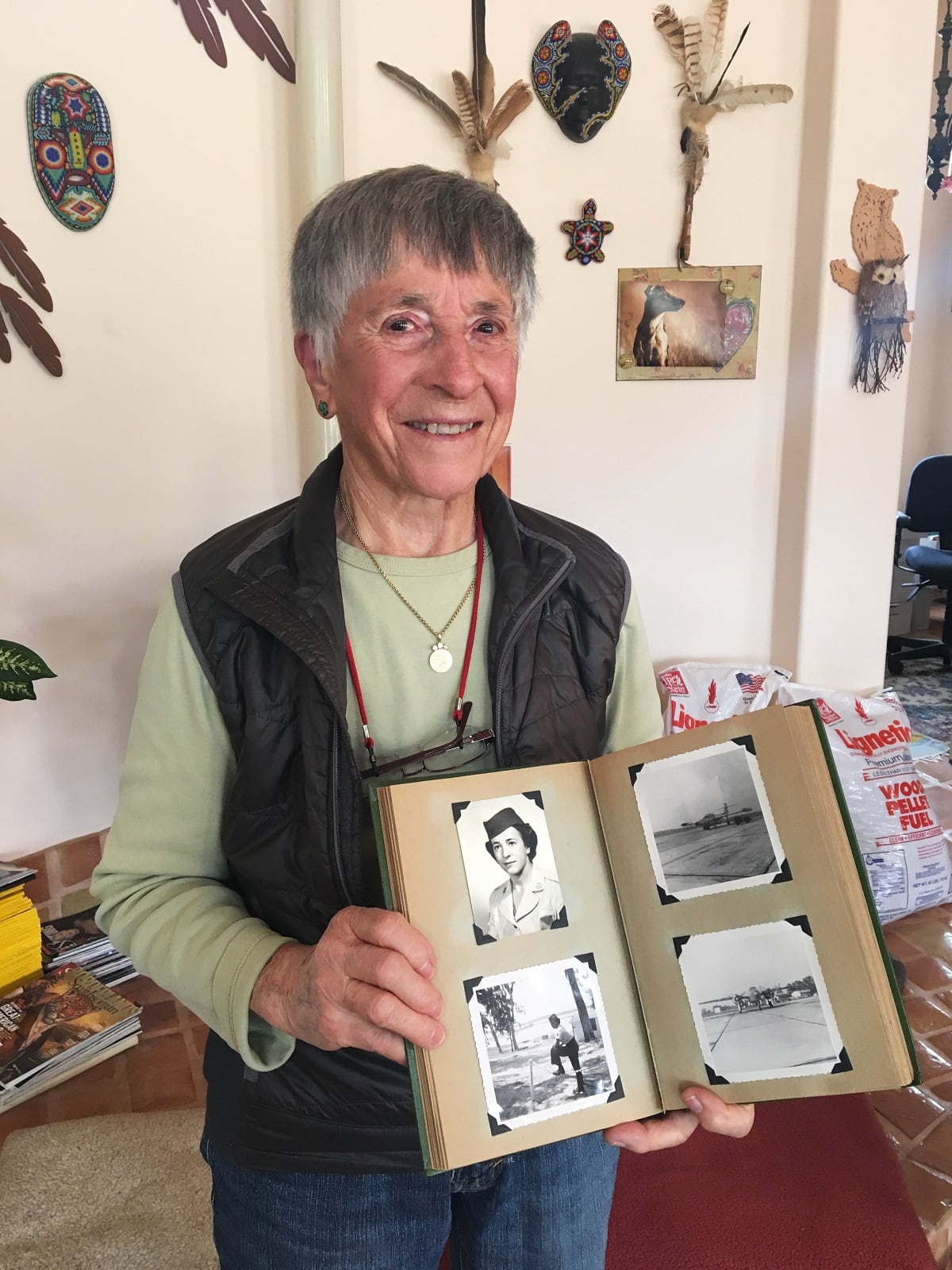The notice came via FedEx to Airman 2nd Class Helen Grace James’ door Jan. 17, but she couldn’t open it.
She waited until two friends could come and open it for her.
It was good news. Her “general discharge under honorable conditions” had been upgraded to “honorable.”
“I’m still trying to process it,” James, 90, told Air Force Times.
James received an “undesirable” discharge on March 3, 1955, after several “stressful” months of being watched and followed at the Roslyn Air Force Base in New York. All because she was a lesbian.
“I was anxious, I was fearful,” said James. “I didn’t know how to handle it.”
Before the investigation began, James enjoyed her military service. She participated in basketball tournaments and liked working. She listed seeing plays in New York, walking through Central Park, and going home as regular weekend activities.
Overall, she said, she was a “joyful” person — until the investigation began.
“At that point, the joy essentially just washed out of my life,” said James. “I was in a different place in my head and my heart.”
After being discharged from the Air Force, James attended the University of Pennsylvania and had to work and borrow money to pay for everything, all while enrolled in classes with veterans who were supported by the GI Bill.
After graduating, she went as far away as possible. Hawaii wasn’t a state yet, so she chose California. She became a successful physical therapist, but the experience continued to affect her. She has dealt with PTSD and been in and out of therapy throughout her life.
“I’ve tried to take care of myself and prove that I’m a good person. I was trying to prove it to myself and I was trying to prove it to my family,” said James. “They had no idea what I was going through. Nobody did. We just didn’t talk about it.”
Her “undesirable” discharge was upgraded to “general under honorable conditions” in the 1960s, but she still did not receive benefits or peace of mind. She applied for the “honorable” discharge upgrade last year, which Elizabeth Kristen, her lawyer at Legal Aid at Work, described as “lengthy” and “wrong.”
“Once ‘don’t ask, don’t tell’ was repealed, the military did not automatically upgrade these discharges,” said Kristen. “Helen is really an example of everything that was wrong with that policy.”
James filed a lawsuit against the U.S. Air Force in early January. She is one of many gay and lesbian service members who have been negatively impacted by the policy, Kristen said, but few have taken the fight as far as James.

“I meet gay and lesbian service members who don’t want to open that chapter up, who aren’t willing to do the application process, who still live with those dishonorable discharges,” said Kristen.
Now, James can move on. She has not received the upgraded DD 214 paperwork yet, but whatever compensation they might give her doesn’t matter, James said. Her main purpose was to get the upgrade.
Kristen hopes James’ story will inspire others to seek vindication, and perhaps change the way the Department of Defense handles these cases.
“What I’m hoping is that when people out there see Helen’s bravery and courage and … [hear] her story, we’ll have more people willing to come forward, and file the paperwork and drag their DD 214 out of the closet where they’ve hidden it all these years,” said Kristen.
James is just happy that people are hearing her story and reaching out with their support.
“I’ve had so much support from friends, former students, associates, patients, that I’m really getting the message now,” said James. “I’m getting the message that it’s true.”




